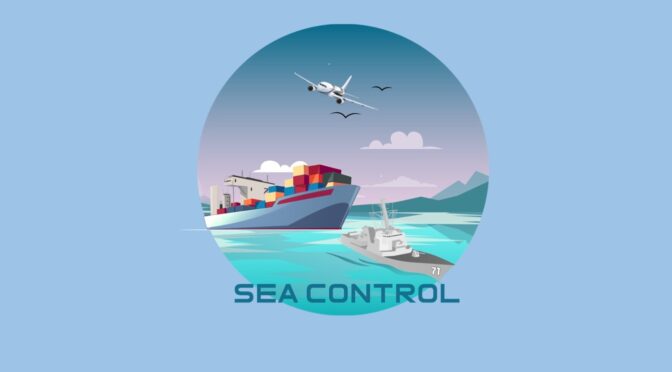By Walker Mills
Dr. Tommy Jamison joins the program to discuss his recent article “Rescuing Heritage from Humiliation: The Navalist Reinterpretation of the Sino-French and Sino-Japanese Wars,” published in the October issue of the Journal of Military History. The conversation focuses on recent reinterpretations of the Sino-French and Sino-Japanese Wars, and what they can tell us about how the Chinese military and thinks about its own history, and why the interpretation of military history is important generally.
Dr. Tommy Jamison is a military historian and Assistant Professor of Strategic Studies in the Defense Analysis Department at the Naval Postgraduate School. He holds a PhD from Harvard University and previously served as an intelligence officer in the U.S. Navy.
Download Sea Control 576: Rescuing Heritage from Humiliation with Tommy Jamison
Links
1. Sea Control 379: Pacific Wars 1864-1897 with Dr. Tommy Jamison
2. The Sino-Japanese War of 1894-1895: Perceptions, Power and Primacy, by SCM Paine, Cambridge University Press, 2002.
3. The Pacific’s New Navies: An Ocean, It’s Wars and the Making of US Sea Power, by Tommy Jamison, Cambridge University Press, 2024.
Walker Mills is Co-Host of the Sea Control podcast. Contact the podcast team at Seacontrol@cimsec.org.

